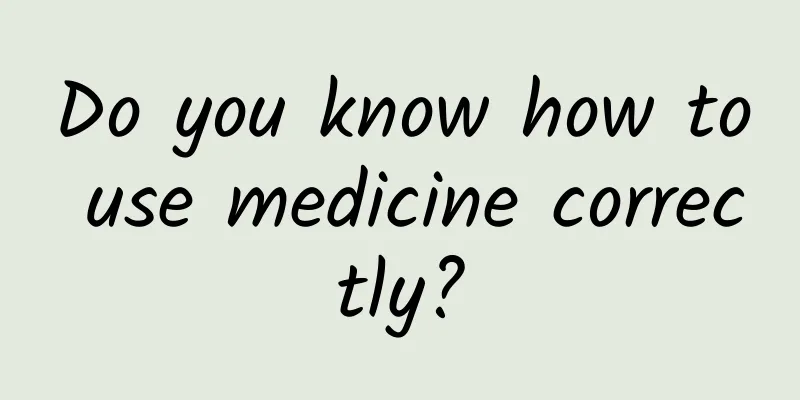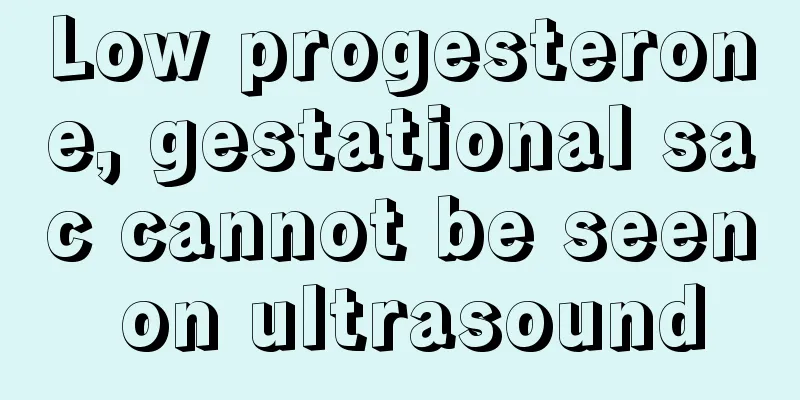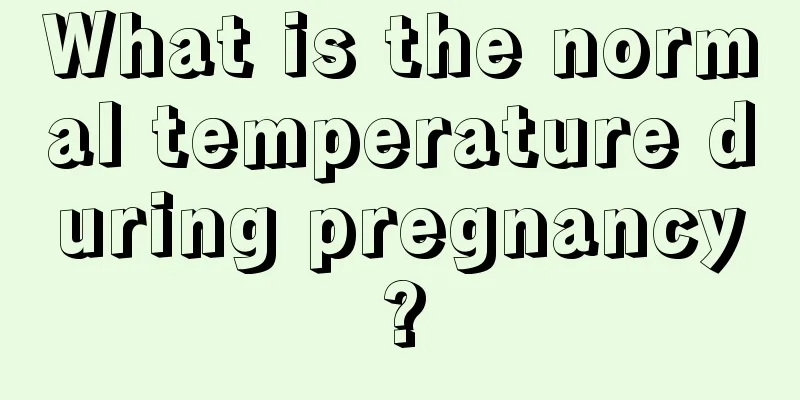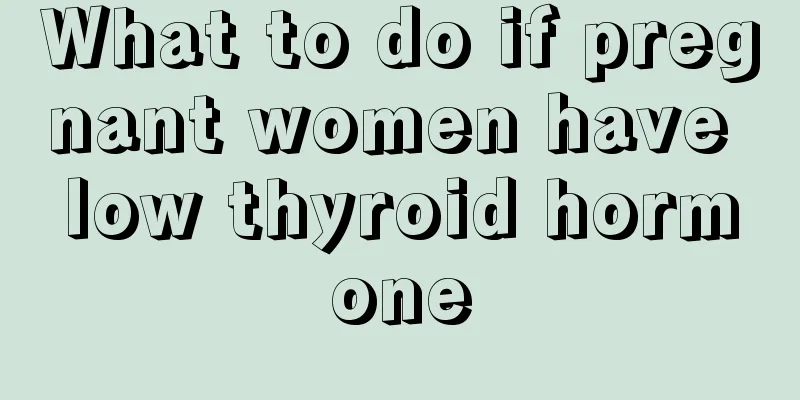Early symptoms of pregnancy-induced hypertension

|
Preeclampsia is a pregnancy-induced hypertension syndrome and is a common obstetric disease. Many expectant mothers, especially those with high blood pressure, are worried about whether they have gestational hypertension. Therefore, they want to know what signs indicate that they may have gestational hypertension. So, what are the main symptoms of gestational hypertension? 1. Increased blood pressure The first thing expectant mothers should do is to measure their blood pressure. If the systolic pressure is greater than 17.3 kPa (13b250 mHg), or the diastolic pressure is no more than 12.5 kPa (90 mmHg), or it is 4/2 kPa (30/15 mmHg) higher than before pregnancy, it can be diagnosed. 2. Edema Edema is also a common symptom of pregnancy-induced hypertension. The main clinical manifestations are excessive weight gain, more than 0.5KG per week, and edema of the lower limbs and abdominal cavity. More serious cases of pregnant women may develop ascites, and the edema will not disappear after rest. 3. Proteinuria Expectant mothers with gestational hypertension will develop proteinuria. During the test, clean mid-range urine should be collected as a specimen. If the proteinuria is ( ) or ( ) or above, or the proteinuria exceeds 5 grams in 24 hours, it is proteinuria. 4. Dizziness, nausea and vomiting Expectant mothers may experience headaches, dizziness, nausea, retching, decreased vision, upper abdominal pain, etc. 5. Convulsions and coma This is the most serious manifestation of the condition and can occur before, during, or after labor. When twitching, the expectant mother will show tense muscles, clenched teeth, fixed eyes and staring straight ahead, followed by full muscle rigidity, violent convulsions, cessation of breathing, loss of consciousness, and urinary incontinence. If the disease occurs frequently or the coma lasts for a long time, it may cause death. Although it is common for pregnant women to have high blood pressure, if high blood pressure during pregnancy cannot be controlled, it can be harmful to the fetus and the expectant mother. Expectant mothers with gestational hypertension can try to start by changing their diet, increasing their protein intake, such as eating more lean meat, eggs, and beans, paying attention to calcium supplementation, and eating more fish, grains, and fruits. |
<<: Does massaging your breasts make them bigger?
>>: What causes human papillomavirus
Recommend
What is sweet potato? Is sweet potato the same as sweet potato?
Sweet potato is a very high-yield food crop, nati...
Can pregnant women eat two kiwis a day?
The food intake of pregnant women is controlled. ...
[Medical Q&A] What is the most suitable exercise for preparing for pregnancy?
Planner: Chinese Medical Association Reviewer: Sh...
What causes white menstrual blood?
Menstrual blood is a phenomenon caused by the reg...
Can a pregnant woman with hydronephrosis give birth naturally?
Hydronephrosis in pregnant women can cause great ...
What are the principles for managing ectopic pregnancy?
Generally speaking, if a female friend has an ect...
What is the reason for the itchy bumps after childbirth?
After giving birth, a woman's hormones will c...
41 Causes of pain in the left armpit of women
Most people in life, when they feel armpit pain, ...
How to make caramel milk tea at home
Affected by the epidemic, many people have been f...
Mild bleeding during intercourse after childbirth
Harmony in married life is the basis for a happy ...
How can women improve their immunity?
Once a person's immunity is very low, it mean...
Where can women get breast enhancement through massage?
Women's breasts are not only organs for feedi...
Breast itching
Many female friends often feel that their breasts...
Can I drink Pu'er tea during menstruation?
Pu'er tea is one of our traditional teas. It ...
Causes of breast pain in women
Nowadays, women are complaining about pain here o...









